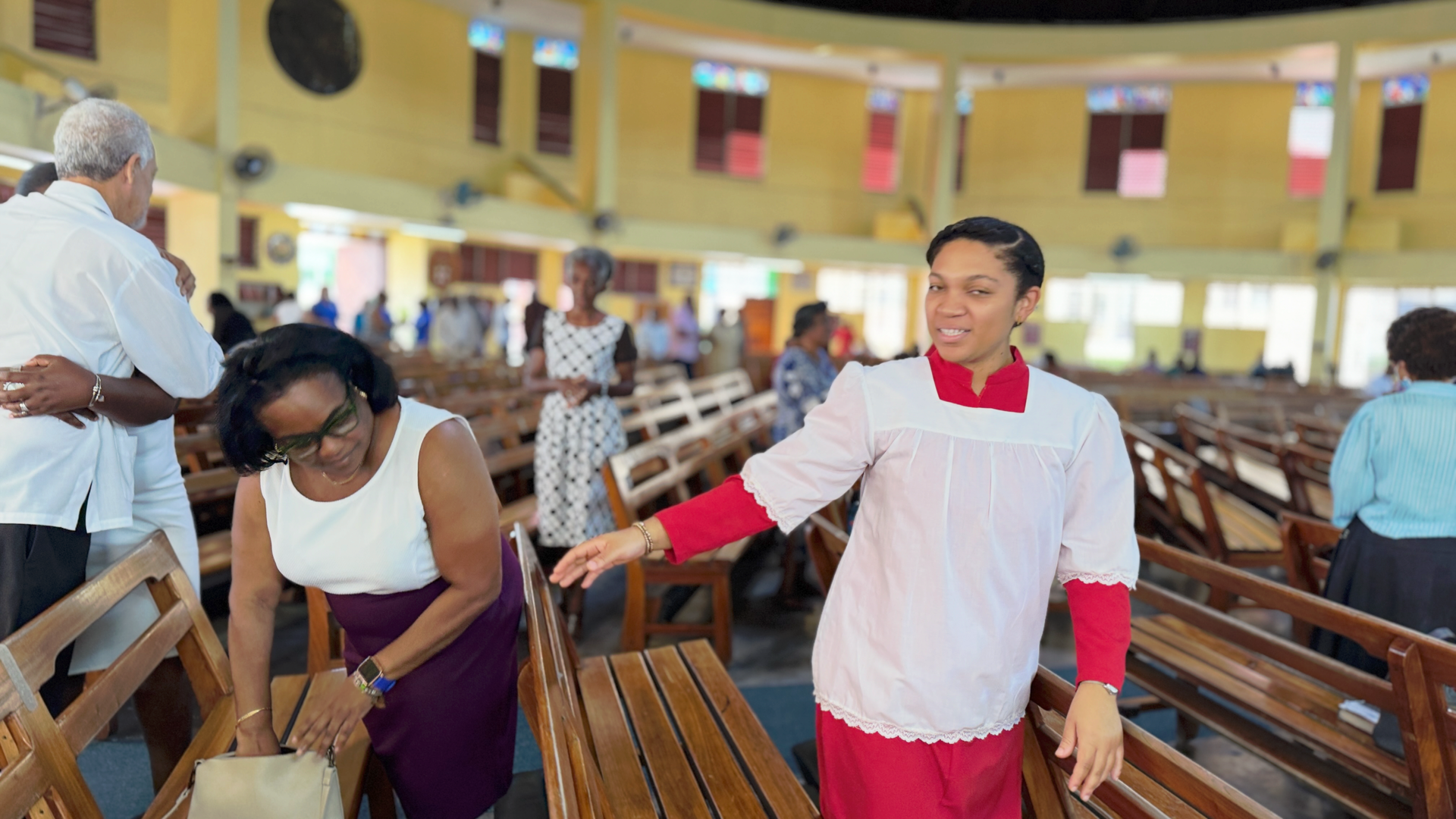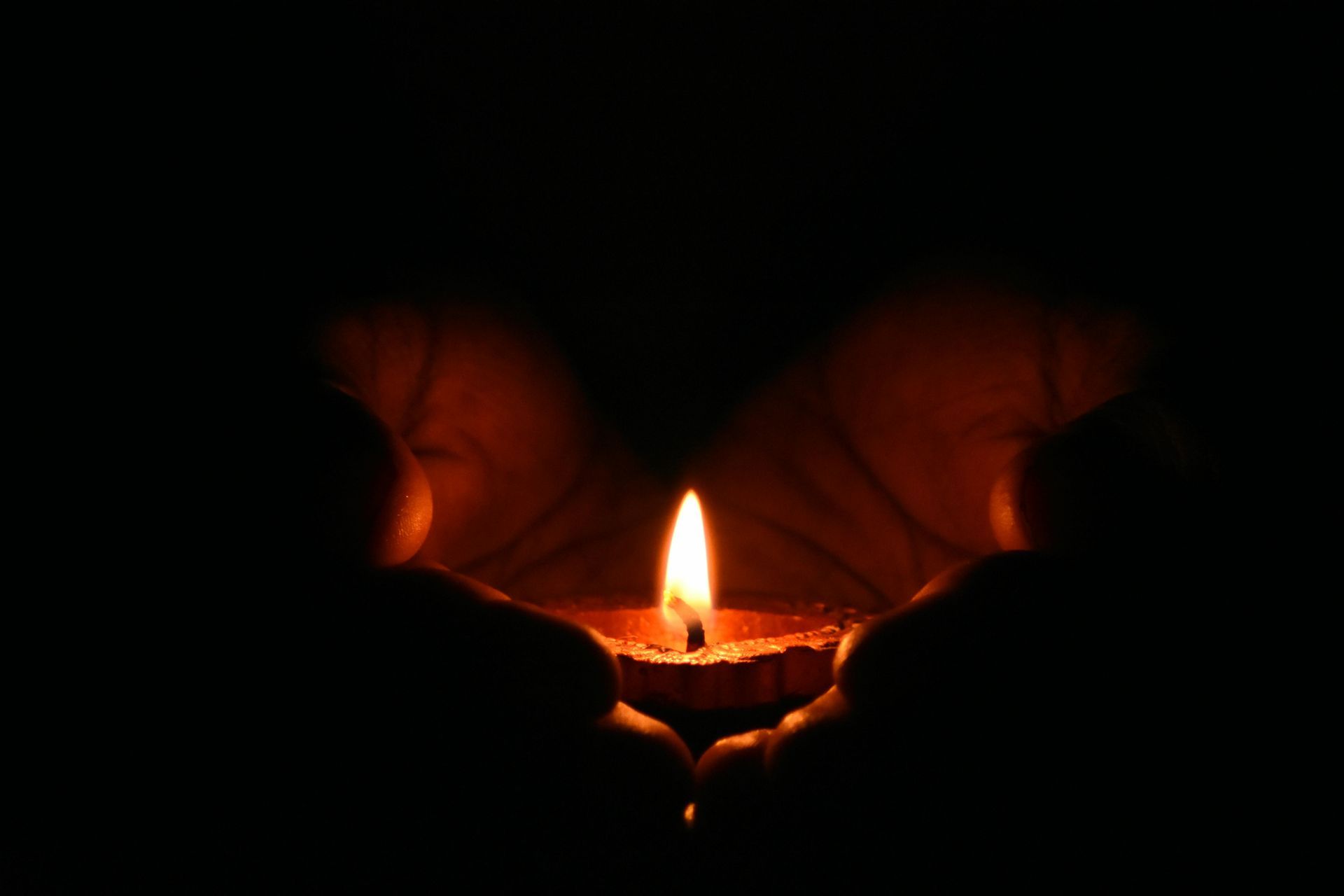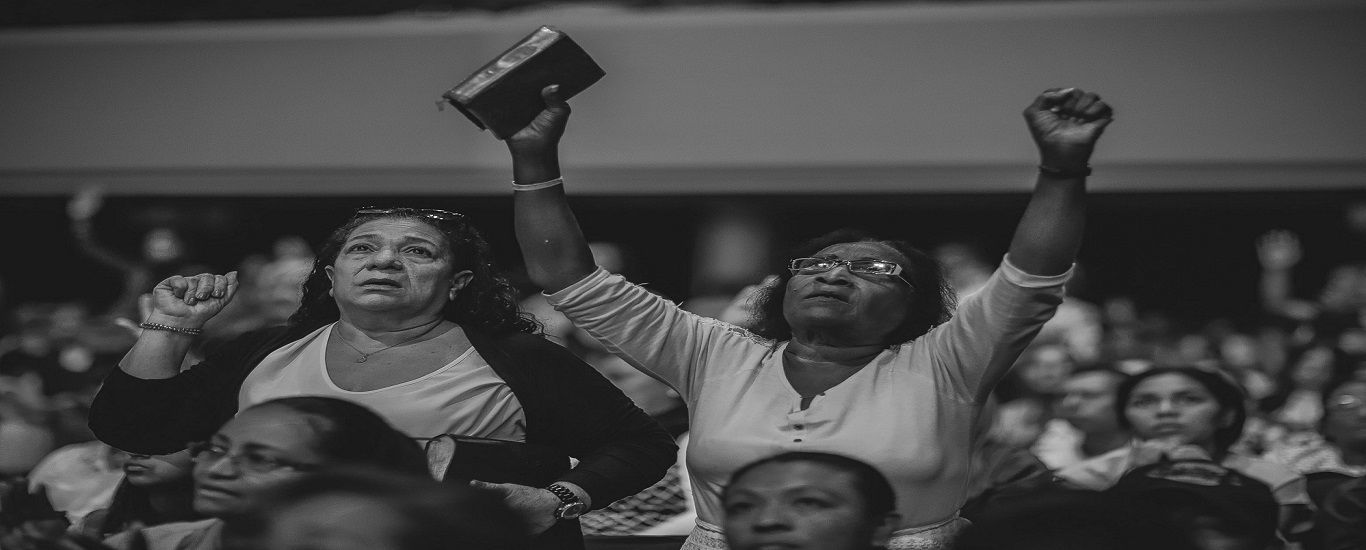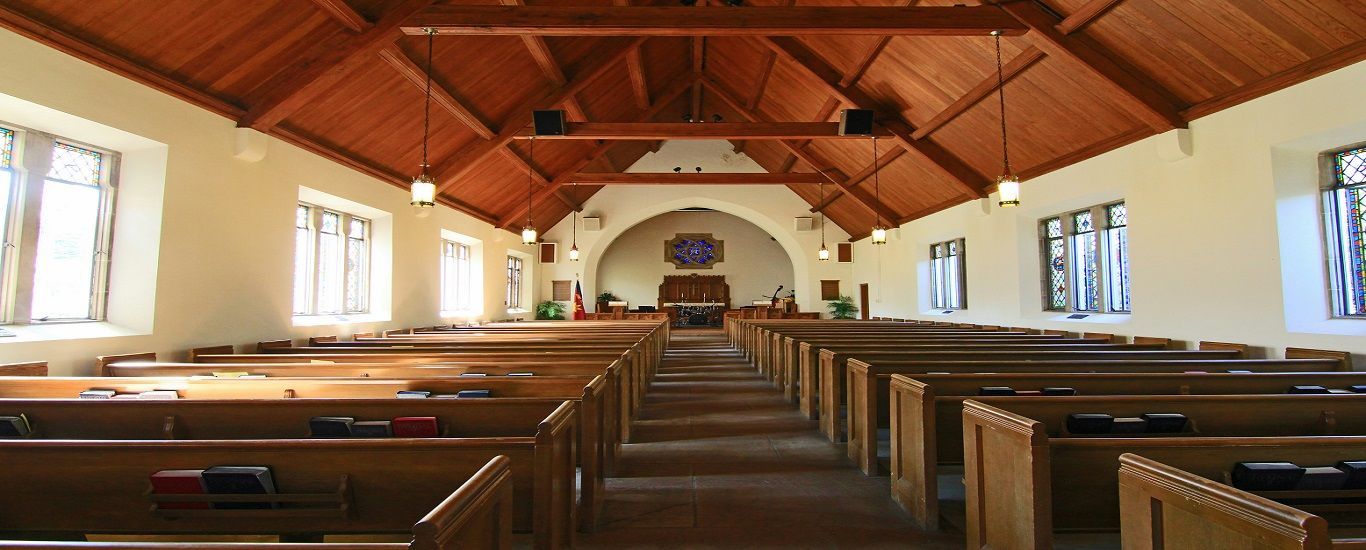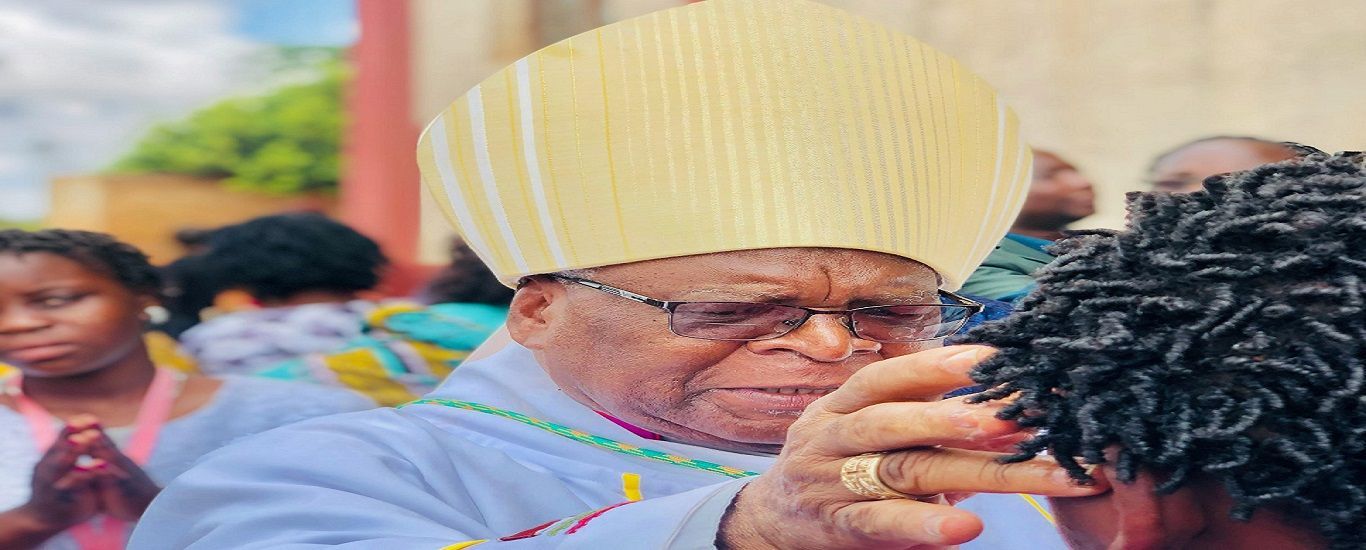The Power of Prayer
My Sisters and Brothers in Christ,
Today is the Last Sunday after the Epiphany, which is also called Transfiguration Sunday based on the gospel readings for the day. The account from Luke, unlike the account from Matthew and Mark, occurs within the context of prayer. From Luke’s perspective, prayer was important for Jesus and involved, at times, a dramatic encounter with God. Prayer was not merely speaking words to God but was a truly spiritual experience of God. It is important for us to note that a dramatic divine encounter with God is not limited to Jesus, evidenced by the experience of the disciples on the day of Pentecost. While we may not have this dramatic kind of experience every time we pray “the transfiguration should challenge us to seek something higher in prayer than speaking mere words in the hope that God might possibly somehow listen to us.” (David Lose)
It is my hope that in our “seeking” we may discover the following Ps of prayer:
- Purpose: to communicate with God and to develop a relationship with God through the power of the Holy Spirit. David Lose opines, “We pray because it is a vital way of remaining in a relationship, just as we may pour out our hearts to a friend, lover, or family member not in the expectation that they are going to do something about it but because we need someone to share with. As we share the relationship grows stronger.”
- Practice: Jesus was not only the teacher of prayer but an example of prayer especially in the gospel of Luke. As disciples of Jesus, we are to take prayer seriously, yet we struggle with prayer and are often afraid to pray in public. As disciples, we should lift up to God our joys, concerns, dreams, fears, hopes and anxieties.
- Power: The Bible is replete with examples of the power of prayer which we can tap into. Evidence of this is seen in the transformed lives of many Christians through the centuries, especially the disciples on the Day of Pentecost. The power of prayer is not the result of the person praying. Rather, the power resides in the God who is being prayed to.
Margaret Guenther reminds us that “true prayer, whatever outward form it might take, is first and foremost a condition of loving attentiveness to God in which we find ourselves open and receptive to who we are in our deepest selves.” It is my hope that, as we enter the Lenten season and engage in the second 24/7 Prayer next week, we will grasp the opportunity to participate in the other Lenten practices associated with this penitential season.
Have a blessed week immersed in prayer.
Yours in Christ,
Patrick+


